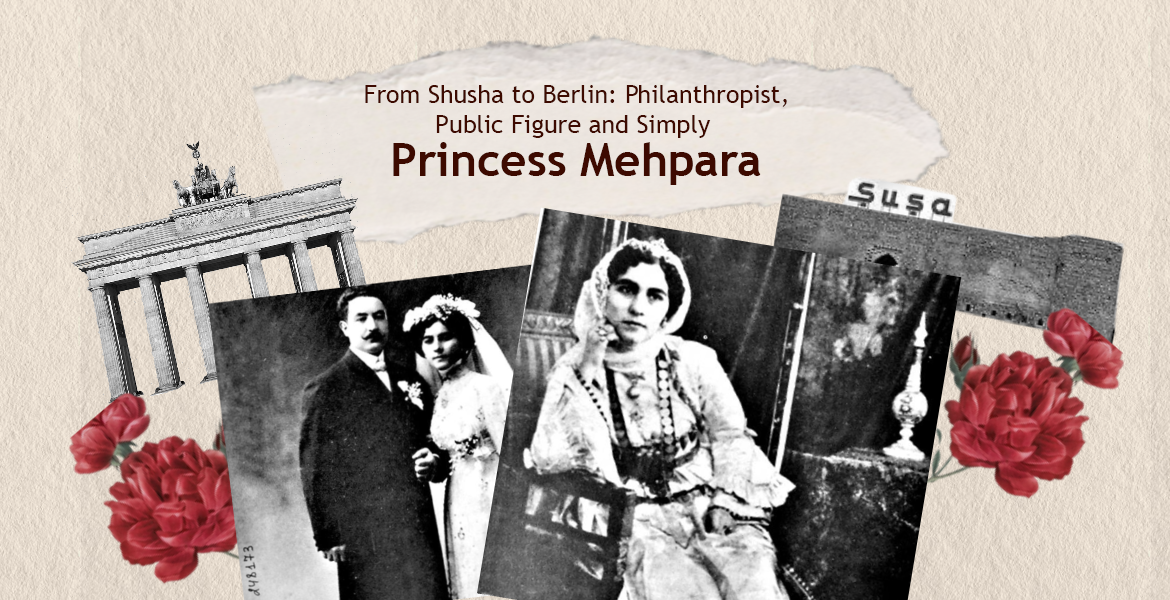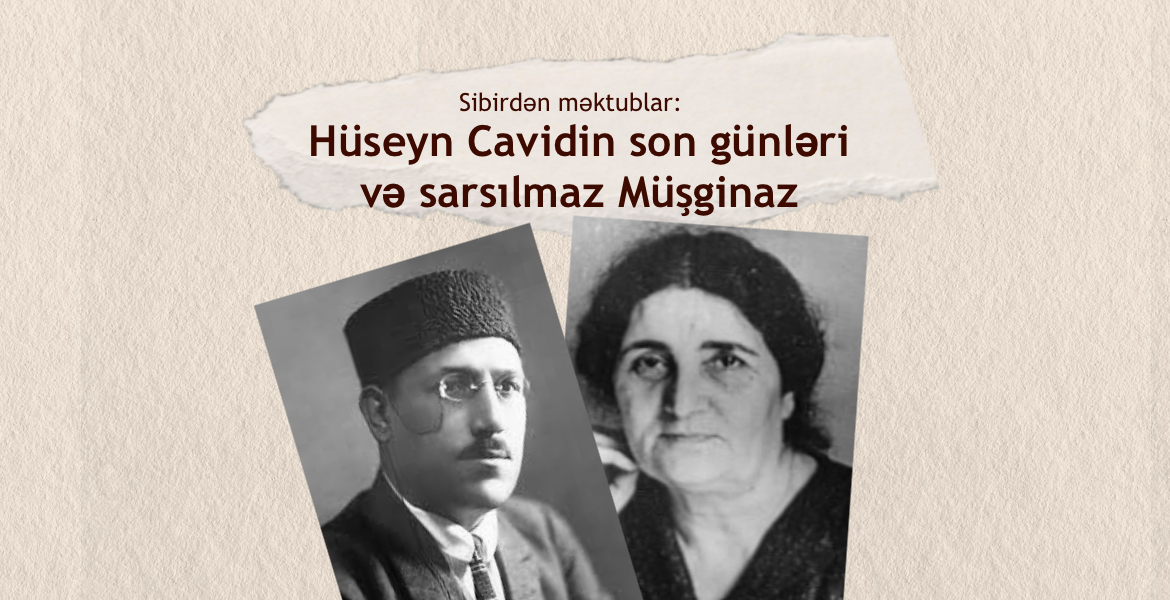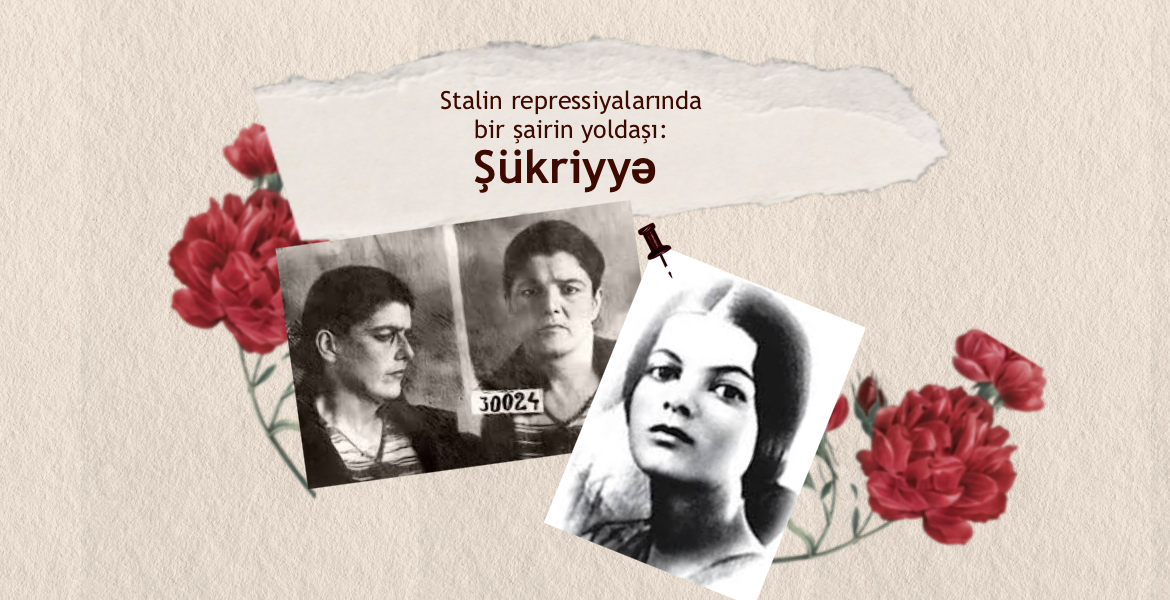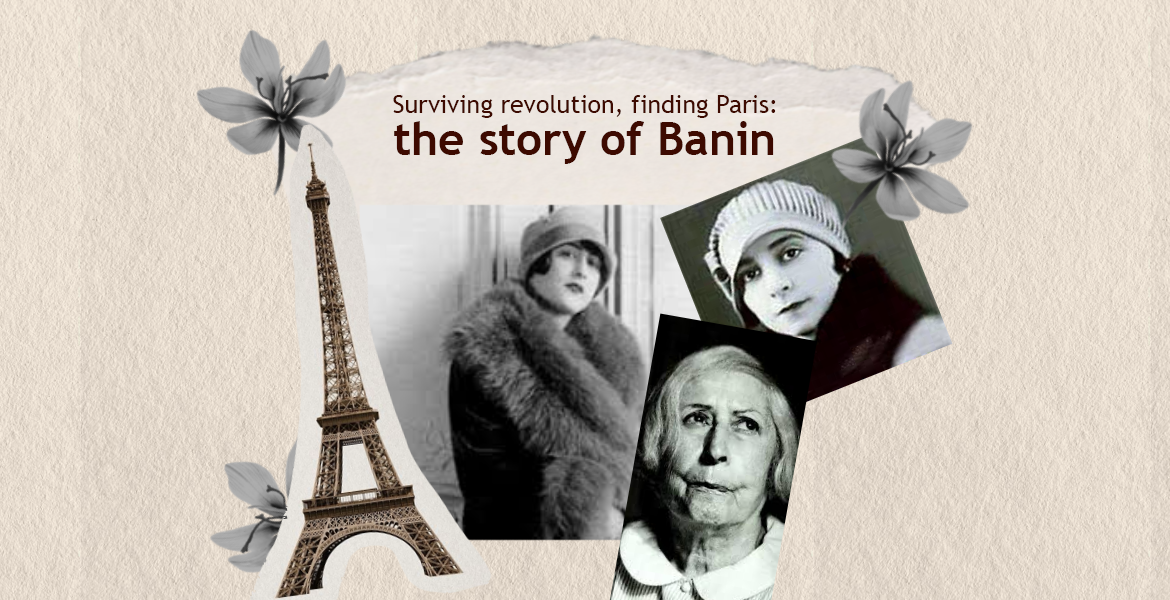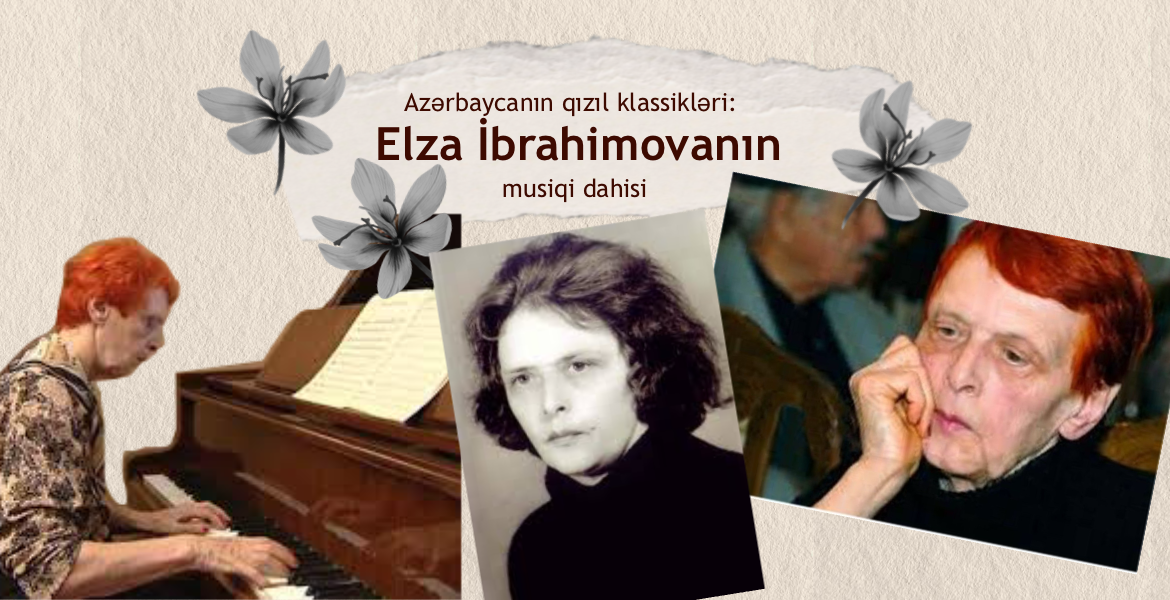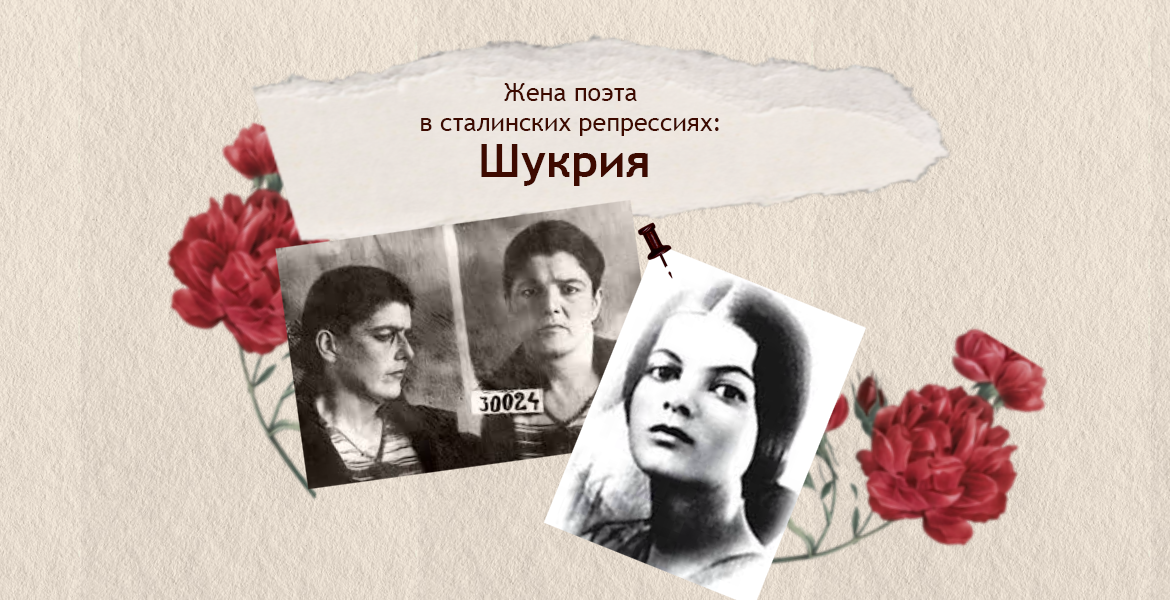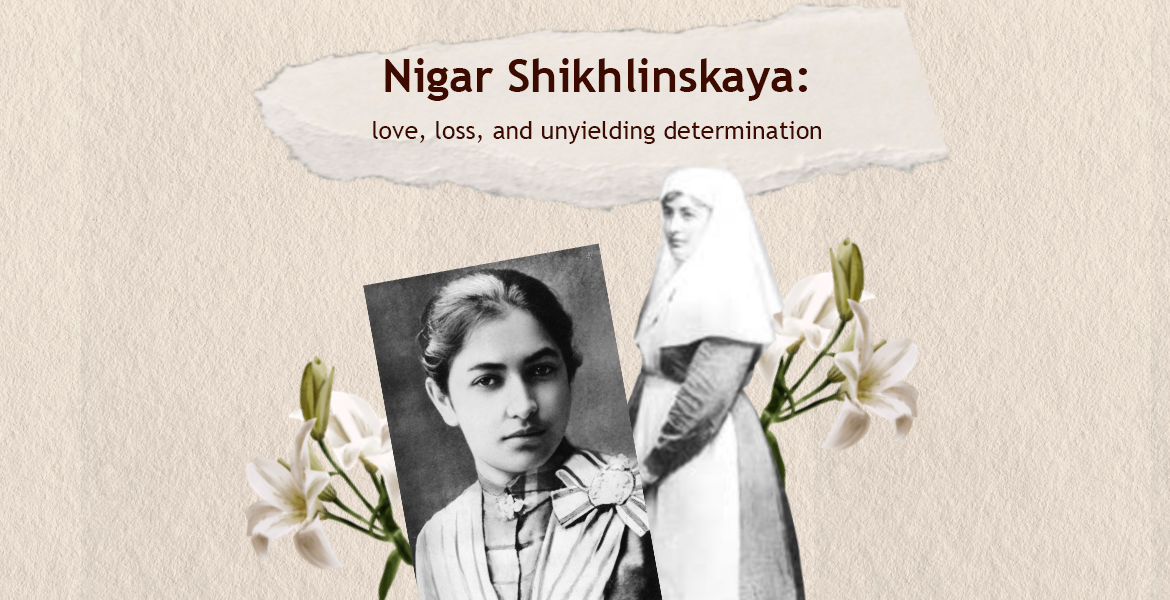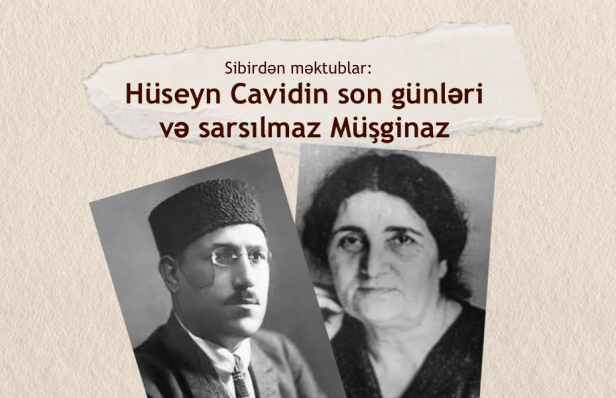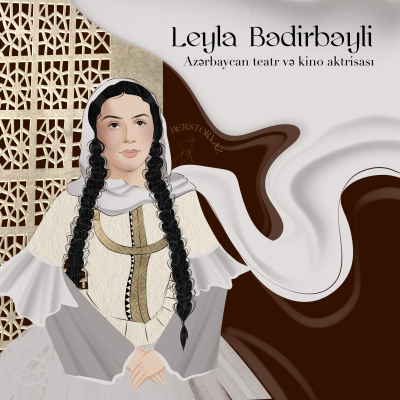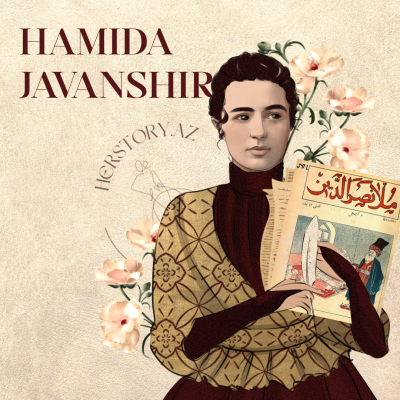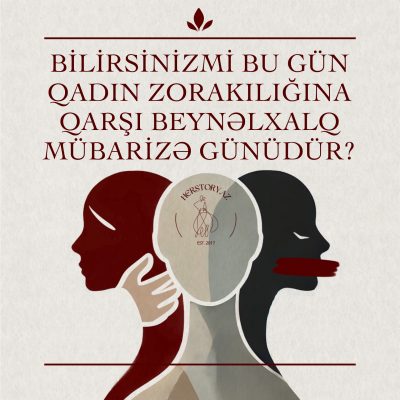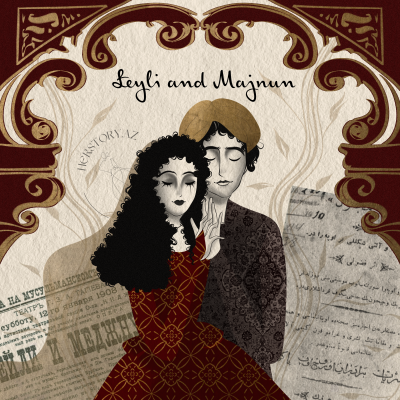Shusha – Berlin: Philanthropist, Social Activist, and Simply Princess Mehpara
This remarkable woman witnessed many historic events—the monarchy in Iran, the rule of the Romanovs in Tsarist Russia, the 1917 Russian Revolution, and the First and Second World Wars—all of which influenced her life and fate.
Princess Mehpara was a descendant of the Qajars, the powerful dynasty founded by Aga-Muhammed Khan, who unified Iran and established Tehran as its new capital. Her grandfather was a son of Abbas-Mirza Bahman Mirza, heir to the throne of Iran. Her father, Heydargulu Khan, received a military education in St. Petersburg and served in the Royal Guard. He had five children—daughters Rena, Rahima, Mehpara, and two sons, Abbas Mirza and Ahmed Mirza.
Princess Mehpara spent her formative years in St. Petersburg, where she attended a girls’ gymnasium. In addition to her native languages, she became fluent in Russian, German, French, and Persian. She studied music and was an accomplished pianist, embodying a modern woman well ahead of her time.
Muhammad Tagizade, a wealthy and influential entrepreneur of the era, fell in love with Mehpara. He had built his fortune trading precious metals, carpets, and fabrics. However, Mehpara’s mother, Izzat-khanum, viewed the union as a mismatch, saying, “Our daughter is a modern woman. She’s used to a certain lifestyle, and she will want to continue that life after marriage.”
Despite her reservations, her husband Heydargulu Khan persuaded her to approve the marriage, though she imposed several conditions, including the purchase of a mansion in Tiflis, a summer house in Georgia, and a large house in Karabakh. Muhammad readily agreed to these terms, and they married in 1911.
They initially lived with Muhammad’s family in Karabakh, where Mehpara took on the role of educating her husband’s siblings. They later moved to Tiflis, where their first child, Murad, was born on January 23, 1912. Their sons Maksud and Mansur were later born in Karabakh. All men in the family had names beginning with “M,” and their family monogram read “MT.”
In Tiflis, the couple enjoyed a vibrant social life, frequenting theatres, operas, and meeting friends at cafes and restaurants. The children were educated by a German governess, and Murad began attending the German lyceum in Tiflis at age five.
However, their lives soon took a dramatic turn. The Tsarist regime fell during the 1917 Revolution, and when Georgian communist forces were poised to capture Tiflis in 1921, the Tagizade family fled to Trabzon via Batumi. The communists seized all their property in Azerbaijan and Georgia. After living briefly in Turkey, they returned to Tiflis when the situation stabilized.
Muhammad and Mehpara eventually moved to Baku, where Muhammad established a trade network with Istanbul, the Caucasus, and London. Their sons continued their education at the German school in Tiflis. Holding Iranian citizenship until 1925, the family applied for and received Turkish citizenship when the Pahlavi dynasty rose to power in Iran.
In 1929, they relocated to Berlin, where Princess Mehpara became known for her social activism, heading the Turkish-Azerbaijani diaspora’s activities. In 1931, she founded the Berlin Turkish Women’s Club and was an honorary member and chair of the Berlin Science and Art Society, the Eastern Islamic Society, the East Asia Society, and the Berlin Islamic Society. For her philanthropic work, she received a medal from the Red Cross Society.
She became a notable figure among German elites, receiving invitations to official events. Diplomatic bulletins described her as “the only princess from the Qajar dynasty residing in Germany.”
In 1936, during a visit to Istanbul to renew their IDs, they were informed they could no longer use the surname Tagizade, as new Turkish laws required the renunciation of Iranian-sounding names. They adopted the surname Tagi. Although Mehpara’s passport did not mention her title, her father’s name appeared as “Prince Heydargulu Mirza.” The Qajari family crest remained on all official German documents, but Mehpara did not contest the changes—everyone already knew who she was.
Throughout and after World War II, she hosted numerous events at home, sponsored by her husband, where high-ranking German generals and diplomats were often guests. Among them were Turkish diplomats Kemaleddin Sami Pasha and Khusrev Gerede, as well as Iranian Embassy officials. Ali Amini, one of the last prime ministers under the Pahlavi dynasty, often visited her in Berlin, inviting her to social gatherings and valuing her opinions.
Known for her kindness and generosity, Mehpara was always willing to help her compatriots. She regularly attended national and religious celebrations, rarely missing an occasion.
What became of her sisters? Rena married a member of the Turkestan nobility but had no children. Rahima married into the Badalbeyli family, with six children, including the renowned musicians Afrasiyab and Shamsi Badalbeyli. Shamsi was the father of the celebrated composer and pianist Farhad Badalbeyli.
Princess Mehpara passed away on July 4, 1989, and was buried in Berlin’s Turkish cemetery, which she had helped support financially. German newspapers published obituaries mentioning her title and lineage, portraying her as a devoted wife, mother, mother-in-law, and grandmother.
In her will, she requested that no changes be made to her Berlin apartment and that her valuables, personal items, and photo albums remain untouched. But the most enduring memory she left behind was of her noble and kind-hearted nature.
